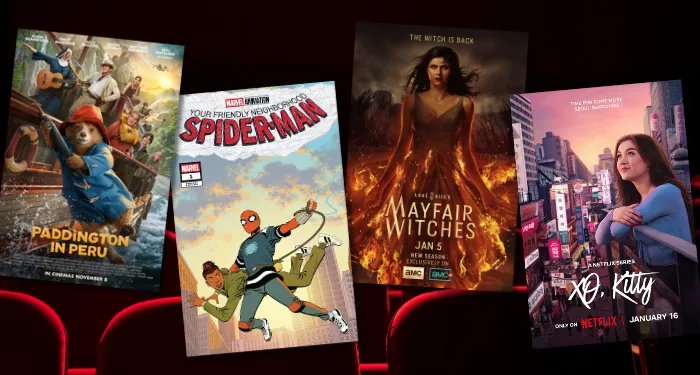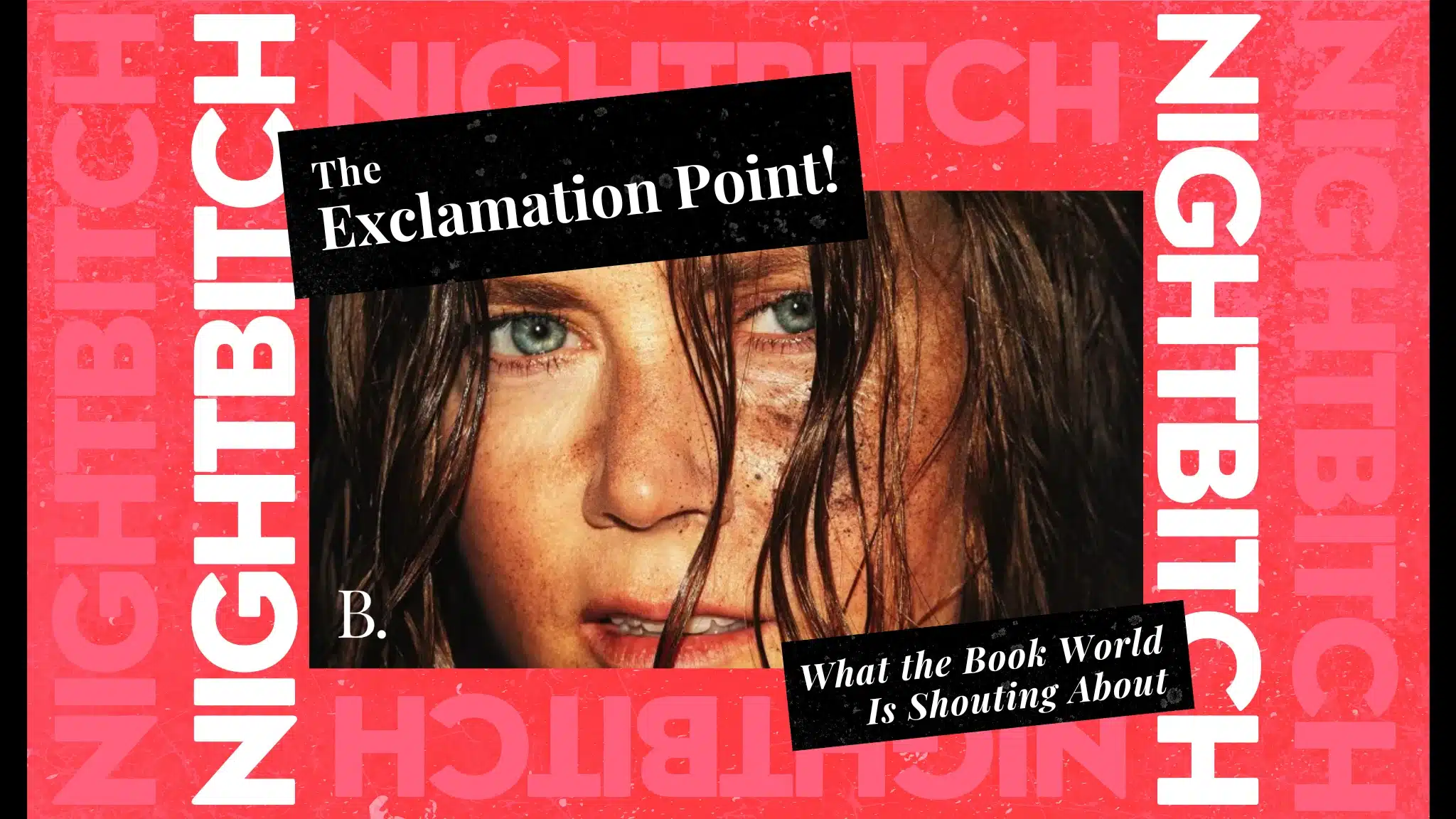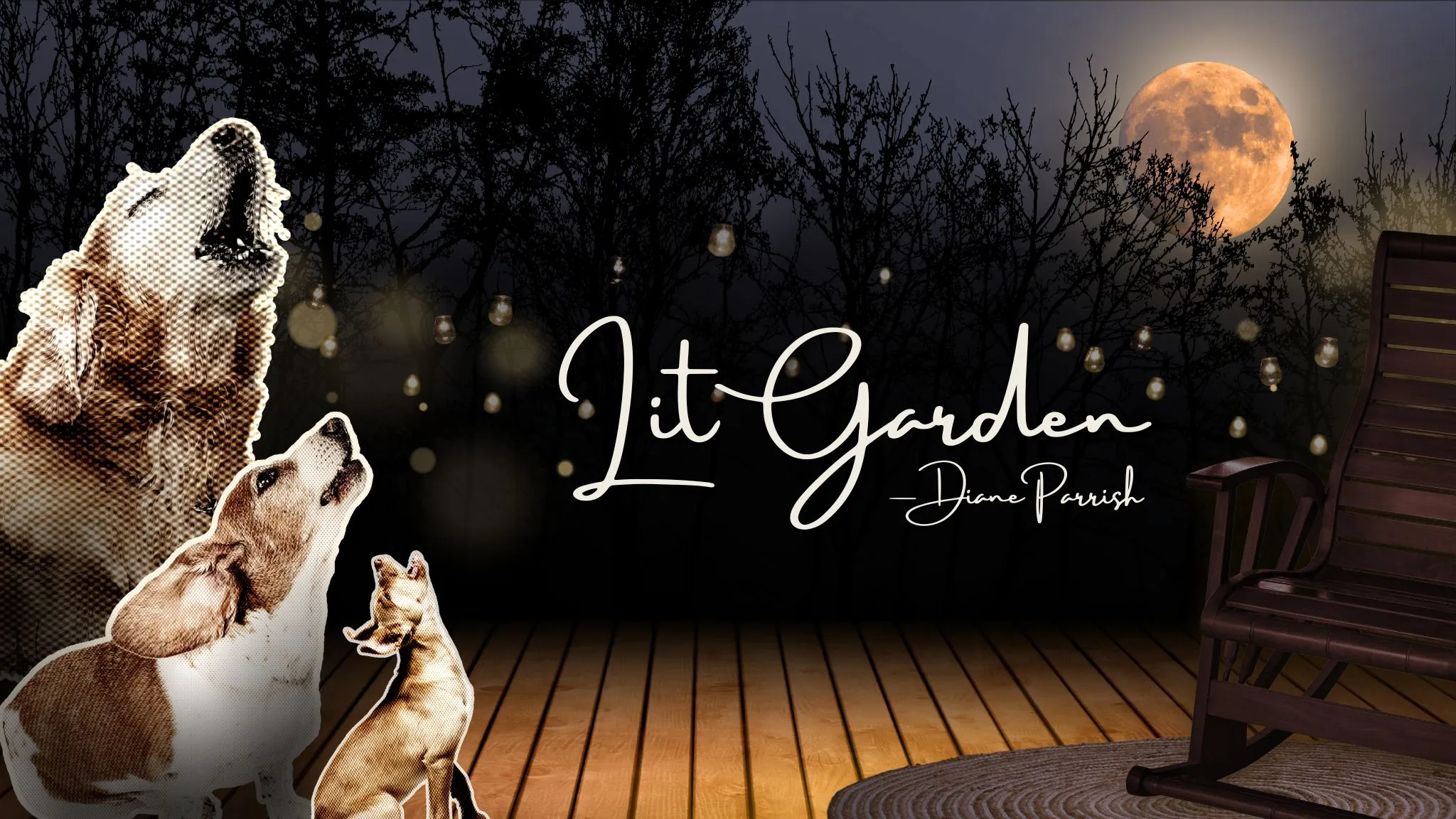If you were to ask any person in the English street, even an occasional concertgoer, to name our country’s outstanding musical figure from the past generation, you might hear the names of various conductors, pianists, maybe singers. But if you were to ask a musician, the answer would very likely be Amelia Freedman. At eighty-four she remains at the helm of two great English musical institutions: the annual Bath Mozartfest, which she has directed for three decades, and the Nash Ensemble, which she created six decades ago. “Harold Wilson had just become prime minister when Amelia Freedman, then a Royal Academy of Music student, founded a chamber group called the Nash Ensemble,” Richard Morrison, the music critic for the London Times, recently wrote. Since then, as he rightly said, it has become “the yardstick by which other British chamber groups are measured.”
That was in a review of a marvelous concert in October at the Wigmore Hall—a chamber music venue famed for its art nouveau decor and excellent acoustics. It was the Nash’s sixtieth birthday party, or one such party in a series dedicated by Freedman “with love and appreciation to the memory of my dear husband Michael Miller.” The original players have since dispersed and been replaced by others. Four of them—the pianist Alasdair Beatson, the violinist Benjamin Nabarro, the cellist Adrian Brendel, and the clarinetist Richard Hosford—played another anniversary celebration at the Wigmore in December, an evening of the Schumanns, Clara and Robert, and Mendelssohn.
Before that they played, as they do every November, at the Mozartfest. Apart from an exhilarating performance of the Beethoven E flat Septet, they had two tasks: to play a piece that very few people know, and to “make it new” with a piece everyone knows and loves to the point that it’s almost too adorable. The Nash had delightful fun with the lesser-known composition, Benjamin Britten’s 3 Divertimenti, written in 1936 when the composer was twenty three, and generally dismissed at the time. Of course it’s a prentice work, but we who have the advantage of hindsight can listen for signs of the greatness to come. Lars Anders Tomter, on viola, enjoyed himself in the “March,” with fanfare triplets introducing a vivid theme for the instrument. Then came the Mozart Clarinet Quintet. It was indeed made new, with Hosford playing the clarinet as if it had just been invented, as in fact it had been not long before Mozart wrote the piece, and engaging with the string players with complete intimacy. Tomter relished the third variation in the finale, when Mozart the viola-player lets his beloved instrument get its own back on the others.
*
An ensemble is an instrumental group larger than a string quartet but smaller than an orchestra, more or less than a dozen players. This means that it can play, as the Nash has memorably done, some of the finest music ever written, from Mozart’s B flat major Serenade for wind instruments, known as the Gran Partita (hearing which persuades Salieri, in that foolish play and movie Amadeus, that Mozart has been sent by God, or something), to the E flat major Octet that Mendelssohn composed when he was sixteen, still the greatest piece of music ever written by an adolescent. Of all the performances I’ve heard of both pieces over the years, the Nash’s are the best I can recall.
When Freedman founded the Nash Ensemble in 1964 (taking the name from John Nash, the Georgian architect whose magnificent terraces stand near the Royal Academy), she was still a student of the clarinet. The director of the RAM told her that “ensembles never survive.” As if to prove his point, he began one, which indeed didn’t last long, but Freedman defied him, to our eternal gratitude. I’ve been listening to music for as long as the Nash has been playing, and have heard many hundreds of operas and orchestral concerts, but as the shadows lengthen I get more and more musical nourishment from chamber music, keyboard, song, string quartets, and the larger groups that the Nash can make up.
It’s not only the privacy of chamber music, although that’s a relief from one of the problems of current musical life. For all the cult of period performance, we don’t and can’t actually know just how music was played in Mozart’s time, or even know exactly how pitch has changed since then. But one thing is quite certain: musical instruments are much louder than they were two and a half centuries ago, due to innovations such as violins with metal rather than gut strings and large-bore brass. Symphony concerts can be simply deafening, whereas with smaller groups you never need earplugs. And without a conductor telling them what to do the musicians are obliged to engage in a conversation with each other, on which we are privileged to eavesdrop.
Listening to the Nash, I thought again of Hans Keller, maybe the most purely musical person I have ever known. He came to London as a Jewish refugee from Vienna in 1938 with his mother and sister—others in the family were not so lucky—and would become an important figure in English musical life, a celebrated string-quartet coach and then a musical administrator in the BBC. A violinist himself, he said somewhat intimidatingly that no one could ever really understand string quartets who didn’t play in them, which excludes an awful lot of us: pianists, woodwind players, and singers, not to mention those who merely listen. But he also said that when the word “amateur” is used in a derogatory sense, we forget that Mozart’s and Haydn’s string quartets and quintets—“than which no greater music exists”—were written to be performed by aristocratic or bourgeois amateurs. Although they are remarkably skilled musicians, the Nash are amateurs in the etymological sense: they always sound as if they are playing from sheer love of the music.
A particular feature of the Nash, for forty-five years now, has been the annual themed concert or series: “The French Connection,” “American Series,” and “From My Homeland,” devoted to Czech music. One other searing and unforgettable weekend was called “Theresienstadt-Terezín 1941–45,” the name of the concentration camp north of Prague where 150,000 Jews were held before being taken onward to Auschwitz and Treblinka—out of 15,000 children in the camp, 150 survived. Numerous musicians held there, including the composers Gideon Klein, Pavel Haas, and Viktor Ullman, continued to make music while they could, in unimaginable circumstances.
As Morrison rightly said, “the ensemble still approaches the masterpieces of the past as if discovering the music afresh each time.” The Nash doesn’t have a particular style or follow any fashion; unlike some exponents of “authentic performance,” they have no didactic or academic point to make. What distinguishes their playing, whether it’s Beethoven or Britten or Judith Weir, is that they study the music closely, rehearse intensively, and perform with technical virtuosity and lyrical freedom, as well as a close understanding of one another.
It would be impressive enough if the Nash had merely curated the existing repertory, but under Freedman’s leadership they have commissioned and premiered hundreds of new pieces by 220 composers. Their very first season included new works by Michael Nyman—his Introduction and Allegro Concertato, a long way from the later film scores that would make him much more widely known—and Simon Harris, the Concerto da Camera. Among Freedman’s memorabilia is a charming thank-you note from Henri Dutilleux after they had performed his Les Citations in 1996, with a dozen bars from the work written out on his own hand. The Nash also had a particular association with Sir Harrison Birtwhistle, who died two years ago: they premiered as many as ten of his works, from his Clarinet Quintet to Nine Settings of Celan. I can’t think of a single other musical institution, orchestra, choir, or opera company that has combined to such a degree veneration for the great tradition of classical music with exhilaration at the shock of the new.
*
For all this, we have Amelia Freedman to thank. She’s a Londoner, born, bred, and educated (and I’m pleased to say an Arsenal supporter, even if that’s been something of a trial recently). For some years in the 1960s Freedman taught music at high schools in Cambridge, and at Chorleywood College for the Blind. Eventually she gave up teaching, as well as playing professionally, to devote her time to running the Nash—or, as she put it (echoing Churchill) on the recent evening when she was awarded Honorary Membership of the Royal Philharmonic Society, to “keep buggering on.” But she’s also a European and a cosmopolitan in the fullest sense. At various times she’s been a musical adviser to the Israel Festival as well as the Philharmonia Orchestra in London, and her cursus honorum includes several French and Czech honors.
Then Freedman came to Bath (where I have lived since escaping from London more than thirty years ago). There used to be a Bath International Festival here in the summer, competing with the other British and European festivals, and directed for some time by the great violinist Yehudi Menuhin until he was succeeded after an interval by Freedman. For not entirely clear reasons, that festival petered out. Freedman relinquished her position there in 1993, leaving her free to take over the Mozartfest two years later, four years after it had begun thanks to a generous bequest from Mrs. Mary Purnell in memory of her son Mark, who had loved both Mozart and Bath.
It has the advantage of two marvelous venues: the Assembly Rooms, where Jane Austen’s heroines and heroes met, and the Guildhall, which is smaller but has even better acoustics. There is now a serious threat that the Mozartfest might have to leave the Assembly Rooms, whose owners, the increasingly eccentric National Trust, want to turn into some kind of Disneyesque “experience,” although with luck that plan might be halted. But the festival has also had the advantage of Freedman’s omniscient command of the musical repertory and her vast range of contacts who play it, so that she can do her own thing. Sadly, she wasn’t there this year; Sir David Bell, the Mozartfest’s chairman (a former journalist who spent his career with the Financial Times and is, as it happens, the father of Freedman’s daughter-in-law), announced that illness kept Freedman away from her beloved festival, where she was much missed.
In her absence we were treated to a rich display of her catholic taste. Among those that echo in the mind were Angela Hewitt playing three Mozart piano concertos while directing the London Mozart Players from the keyboard; Sarah Connolly singing Schubert, Schumann, and Duparc; the Tallis Scholars, the vocal ensemble, singing music associated with the Sistine Chapel, notably by Palestrina; and a piano recital by Sir András Schiff, the Hungarian-born pianist who has become something of a national treasure in England. Nowadays he doesn’t announce his program in advance—except, in this case, to say that it was music by Haydn and Mozart—but introduces each piece with a fascinating commentary in its composition and character (one such ending with a sarcastic rebuke to some members of the audience: “And please do go on coughing, it doesn’t bother me in the least”). He played Mozart’s little A minor Rondo majestically, defying Artur Schnabel’s remark (perhaps with that piece in mind) that Mozart is too easy for children, but too difficult for adults.
At the end of their illustrious year, the last week before Christmas was Nash Week on Radio 3, the BBC’s music and arts channel. The ensemble could be heard each afternoon playing pieces recorded in Bath and elsewhere, although beginning with a live broadcast from the Wigmore Hall that epitomized their work: a much-loved classic, Brahms’s E-flat Horn Trio, and a world premiere, Kurt Schwertsik’s Last Days in Old Europe. That and the other broadcasts (including the Beethoven Septet recorded in Bath, and the Mozart Gran Partita) can be heard on the channel for four weeks, giving at least a taste of the Nash’s range and musicianship—and a hint of the achievement of their extraordinary begetter.



















 English (US) ·
English (US) ·